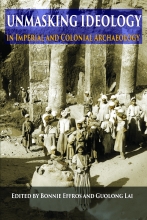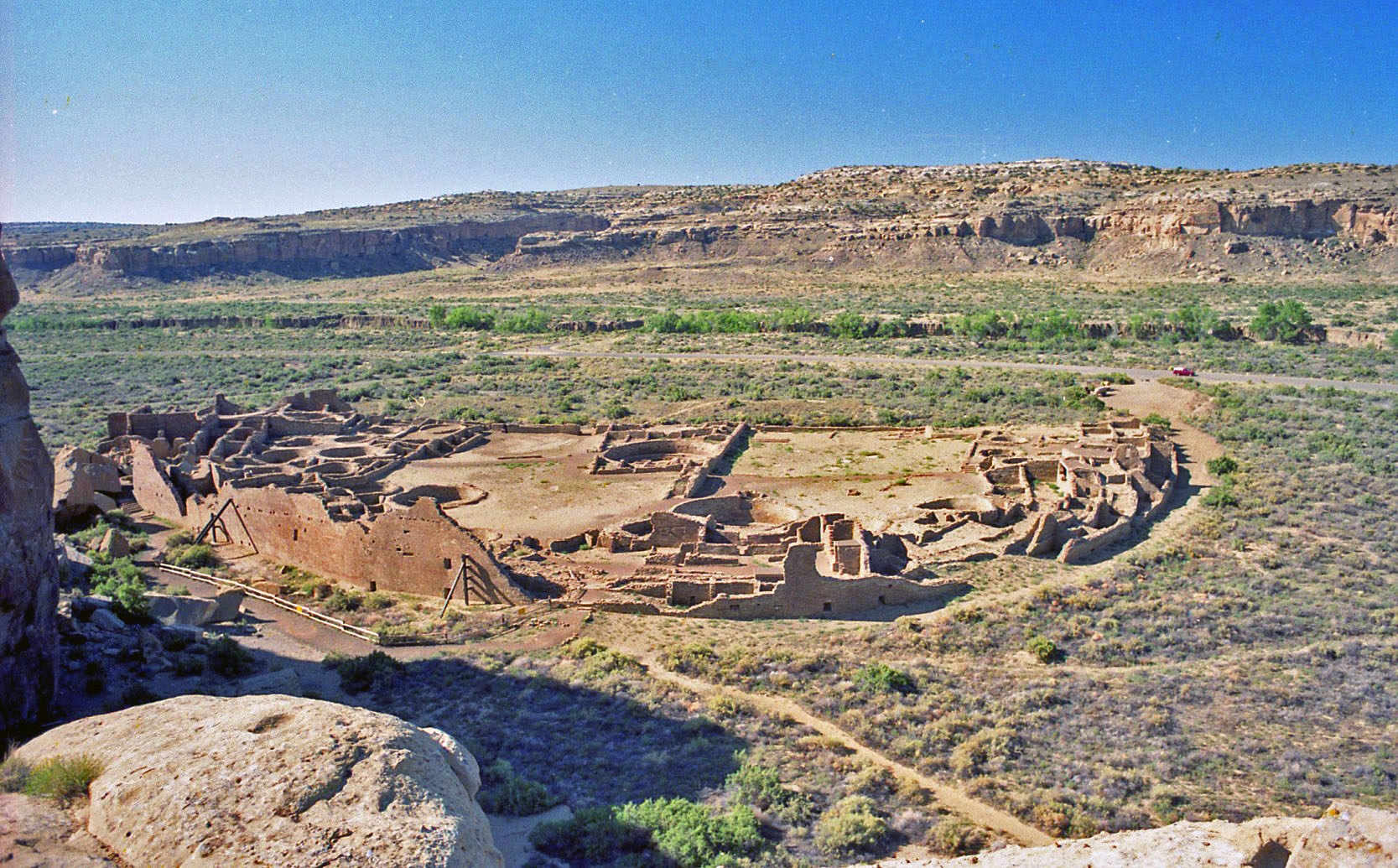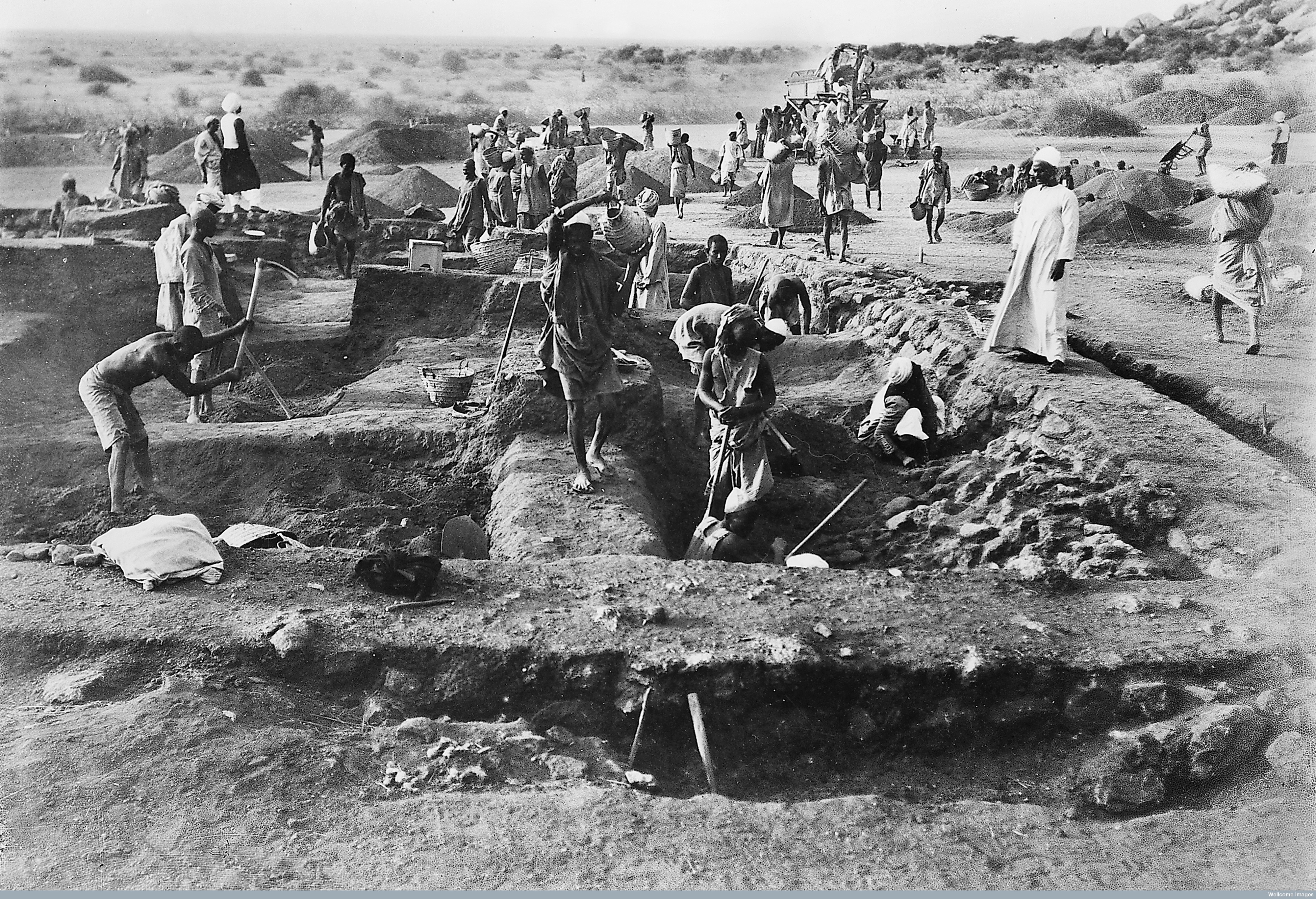Unmasking Ideology in Imperial and Colonial Archaeology: Vocabulary, Symbols, and Legacy

Series: Ideas, Debates, and Perspectives 8
ISBN: 978-1-938770-13-5
Publication Date: Mar 2018
Price: Pb $85.00, eBook $45.00
Order this book here!
- Print: Order from our distributor
- Electronic: Kindle eBook
- Open Access: PDF
Return to catalog
Bonnie Effros and Guolong Lai
“offer[s] a rich context, with a social historical rigour that provides an insightful backdrop to contemporary political events, as well as being a welcome addition to the growing literature on the histories of imperial and colonial archaeology practiced worldwide”
— Uzma Z. Rizvi, Antiquity, 2019
“The impressive geographical range, the variety of cases, and the depth of analysis will make this volume a key reference book for understanding relations between archaeology, imperialism, and national identities.”
— John Hutchinson, Nations and Nationalism, 2019
This volume addresses the entanglement between archaeology, imperialism, colonialism, capitalism, and war. Popular sentiment in the West has tended to embrace the adventure rather than ponder the legacy of archaeological explorers. Allegations by imperial powers of “discovering” archaeological sites or “saving” world heritage from neglect or destruction have often provided the pretext for expanding political might. Consequently, Indigenous populations often fell victim to imperialism, while seeing their lands confiscated, artifacts looted, and the ancient remains in their midst commodified. Spanning the globe with case studies from East Asia, Siberia, Australia, North and South America, Europe, and Africa, sixteen contributions written by archaeologists, art historians, and historians from four continents offer unusual breadth and depth in the assessment of various facets of claims to patrimonial heritage in the context of imperial and colonial ventures of the last two centuries, and their post-colonial legacy.




